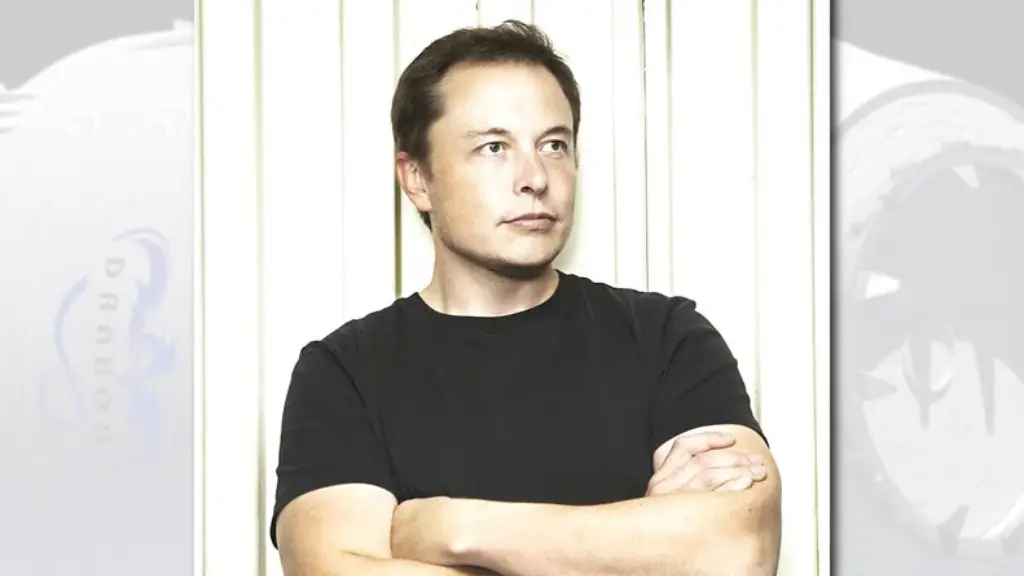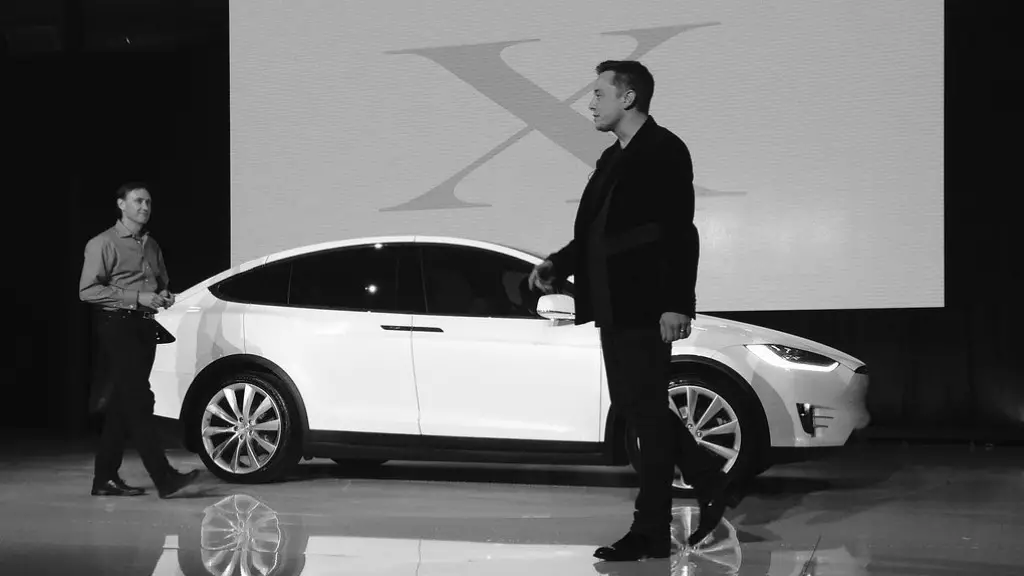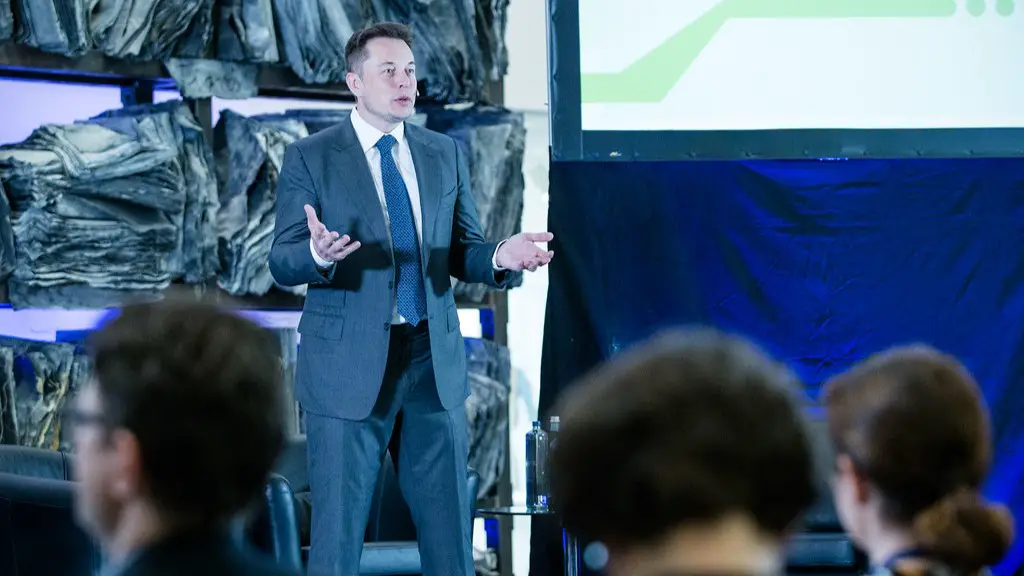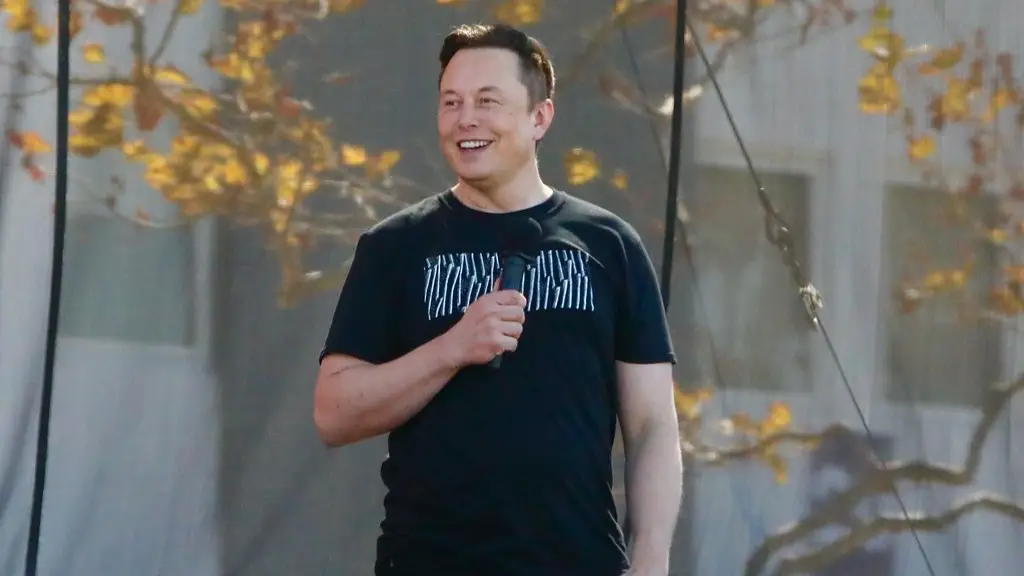The Life of Elon Musk
Elon Musk is a man of many passions, capabilities and wide-ranging interests. A multibillionaire, he co-founded Paypal, is the founder of Tesla and SpaceX and has effected many changes in the world of technology and energy. He has fought the establishment and it’s iron-clad control of the monopolies, through Tesla’s electric cars, SpaceX’s space launches and SolarCity’s renewable energy innovations – providing alternative sources of energy and shrinking the risk of global warming.
Musk sets high goals and difficult tasks, never content with the status quo and in constant search of the ultimate technological breakthrough meant to improve the lives of millions of people. This thirst for knowledge and his relentless ambitious pursuits have earned himself a comparison to genius inventor, innovator and futurist, Nikola Tesla.
Recently, some have speculated if Musk’s unique behavior, mannerism and his inability to fit into the norms of the society could be attributed to autistic spectrum disorder. But did Elon Musk actually have autism?
Characteristics of Autism
Autism, or Autism Spectrum Disorder (ASD), is a neurological condition that is diagnosed in early childhood. Its effects vary greatly – some being affected more so than others; however people with autism invariably struggle with communication, forming relationships, maintaining attention and also in understanding abstract concepts and idioms.
The disorder can present in a few different ways and usually manifests itself in difficulty in intense or innovative troubleshooting, struggle with unexpectedly changing situations, difficulty and in building relationships, sensory overload and hypersensitivities, impaired verbal fluency, short-term memory issues, and narrow and intense interests.
Autism is usually genetic, inherited from the parents (although there has not been enough evidence to form a definitive cause). It is not a result of any flaws in parenting style and is regarded not as a disability but a variation in the ways a person’s mind works.
Examining the Evidence
Many of these symptoms and the condition itself are used to explain Musk’s behavior, that may be otherwise seen as arrogant and ambiguous. To determine whether these suspicions are true or not, one has to look into Musk’s life and the evidence accrued from his public statements and behavior.
For instance, Contrary to many other people, Musk sometimes fails to recognize social patterns, cues, and norms of almost any kind – be it a political, religious, ethical or even a technical one. He also can be more emotionally reactive than usual, seemingly uncomfortable with social distraction and often isolated.
Musk himself has admitted to suffering from the psychological condition, by claiming it to be the only reason for his often-profound confusion – even describing himself as having a “fundamental difficulty with social norms” in an interview with Rolling Stone Magazine.
Musk has even made quotes relating to his “absolute terror” when in social situations and that he was “ much smarter than most people in the room,” proving his confusion with modern interpersonal dynamics. Additionally, the fact that he focuses on unique, abstract, scientific ideas and has an almost tunnel likevision points to autism.
How It Explains His Behavior
Autism may explain why Musk often comes across as rash, overly aggressive, and unconventional in certain situations. His intense outbursts, unusual dedication to futuristic ideals, different priorities and general lack of understanding for the way things “have always been done” have been remarked upon by many, with many suggesting that the explanation for it may be attributed to his disorder.
This erratic behavior has allowed Musk to make decisions that may not be seen as rational, but he also perseveres to realize his dream in spite of discussion and opinions. This directly correlates with the story of Nikola Tesla and his unusual experiments, proving that sometimes the best inventions come from a non-linear standpoint.
One may argue that Musk’s ambition and unstoppable drive stems from his autism and the fact pushing the boundaries and changing the way the world works may come more naturally to Musk than it does most people. This explains why Musk projects are often technologies so far ahead of the times.
Impact of His Autism
Musk’s autism, or what some could argue to be indications of it, has served him as a great advantage in his pursuit of technological advancement and success. But it doesn’t stop there – While we can undeniably appreciate the performance of the great inventor, it is important that we understand the serious implications of the disorder and be aware that some may be struggling it in their lives.
Elon Musk is a symbol of success, hard work and mental strength who\’s helped bridge the gap between industries, create an environment of progress and opportunities, and makes us all more aware of the planet and our impact on it. So it is essential to take note of how his disorder has helped and hindered him in his endeavors and to ensure we respect the diversity of other people as they are.
Education and Acceptance
Autism is commonly viewed as a disability and often misunderstood or even overlooked in many countries, even though it is becoming increasingly focus in many of educational and scientific fields. Acknowledging this, as well as learning about it, is the key to full acceptance of those living with ASD and are affected by it.
Progress can be made through relevant campaigns and organizations, which recently has been spear-headed by celebrities such as one of the most famous individuals with autism – the beloved scientist, Stephen Hawking.
This type of research and public representation of autism has helped to educate the masses, and properly address and empower those who are affected.
Conclusion
Altogether, it is hard to so if Musk had autism or not; however, his life and noteworthy words about his behaviors prove that his mind was and still is incredible and has been genius instruments for changing the world.
Elon Musk serves as an example of the importance of understanding different types of neurodiversity and the recognition of the value of alternative viewpoints.




